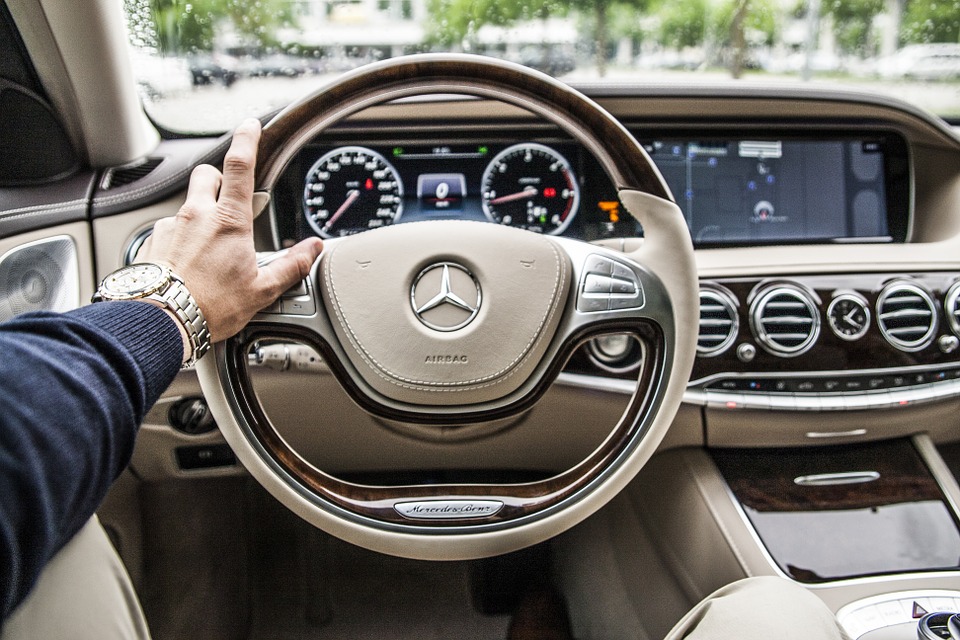
Buying a car can be an exciting yet daunting experience, especially if you plan to finance your vehicle with a loan. There are many routes to finding affordable loans, but no matter which loan you choose, paying on time on each month and keeping your account in good standing is vital to maintaining a good credit rating and for avoiding repossession. If you have recently purchased a vehicle, there are a few strategies you can use to create a viable payment plan and keep your credit healthy.
1. Borrow Conservatively
One of the most common reasons borrowers default on their car loans is because they borrow beyond their means to obtain the vehicle they want. A 2016 report from CNN Money reveals that approximately six million Americans are behind in their car loans and are rapidly heading toward repossession. However, you can avoid this eventuality by borrowing conservatively at the outset instead of saddling yourself with a large monthly car payment that stretches your budget to its limit.
To calculate what you can afford to spend on a monthly car loan, gather all your monthly bills and figure their total sum. Next, determine 35 percent of your monthly gross income. The difference between the two is what you would be able to comfortably afford in terms of a monthly car payment. While this might mean you have to put off buying the car of your dreams for now, paying off an affordable vehicle now will only increase your credit score and give you greater borrowing power in the future.
2. Avoid Long-Term Loans
Some banks offer car loans up to five years that result in lower monthly payments. While this might seem attractive to you, especially if it puts your dream car in reach, this might be something to avoid. Long-term loans may offer lower monthly payments; however, you may end up spending more money in the end. These loans often come with high interest rates, and as the years go by, your car depreciates in value. As a result, you may end up paying much more than your vehicle is worth.
To avoid high interest payments, consider a loan of no longer than three years. While your monthly payments may not be as low as those for a longer payment period, you might avoid high interest payments and pay your vehicle off before its value drops too low.
3. Bank Your Payment Weekly
Even if your income covers a monthly car payment, banking the total cost of the payment over the course of a few weeks will improve your chances of making it on time if you have a financial emergency, such as an unexpected medical or home repair issue. For example, if your car payment is $250 and you have planned to pay it out of your next paycheck but then your roof suddenly needs that amount in repairs, you may find yourself with no way to make your car payment.
Figuring out how much you need to put in the bank to build a monthly payment is simple. Divide your payment by four and then add that amount to your weekly budget. This will give you a cushion of money against any financial issues that are sure to come up. You may want to set up a separate account for your car loan direct debit so that it is simpler to track, especially if you pay other bills out of your primary checking account.
4. Take Advantage of Payment Technology
The CEOs of todays banks and loan companies, such as CURO Financial Technologies Corp CEO Don Gayhardt, are offering borrowers a variety of technologies that help them make their monthly payments with more ease. When you take out a car loan, ask your lender what kind of technologies they offer. For example, some have apps available that allow you to access your account, look at your payment history, and make same-day payments. Others offer websites that feature a variety of online services for borrowers. Technology can help you pay your car payment with more ease and convenience.
5. Use Direct Debit
One way to ensure that you make your car payments on time is to set up a direct debit system with your lender. With direct debit, the total cost of your monthly payment is debited from a checking account on the same day each month. In some cases, you may be able to choose a date that is the most convenient, such as the day after payday when you can be assured the money is there for withdrawal. Using direct debit can also help you avoid late fees that might result from losing track of the date.
Paying off a car is a major responsibility, and defaulting on the loan can have potentially disastrous consequences for your credit. However, with planning and a thorough understanding of your loans details, you can stay current and enjoy your vehicle instead of worrying about how to pay for it.